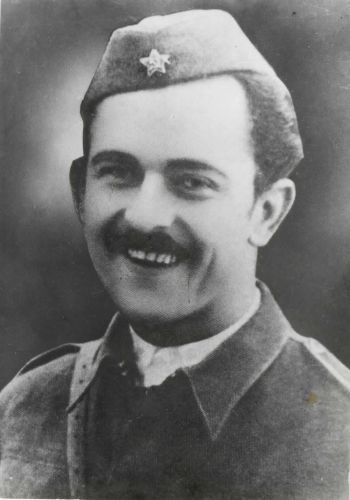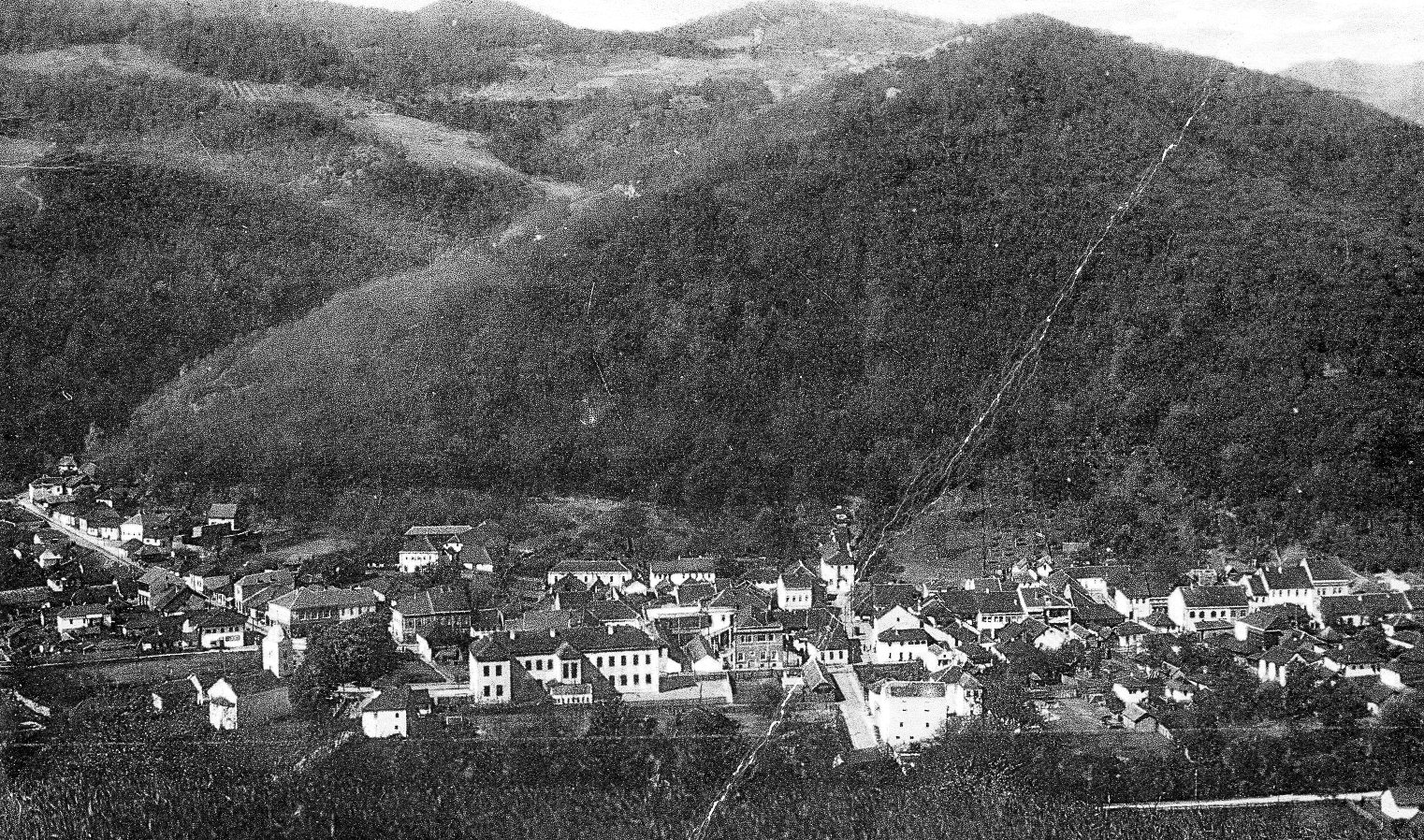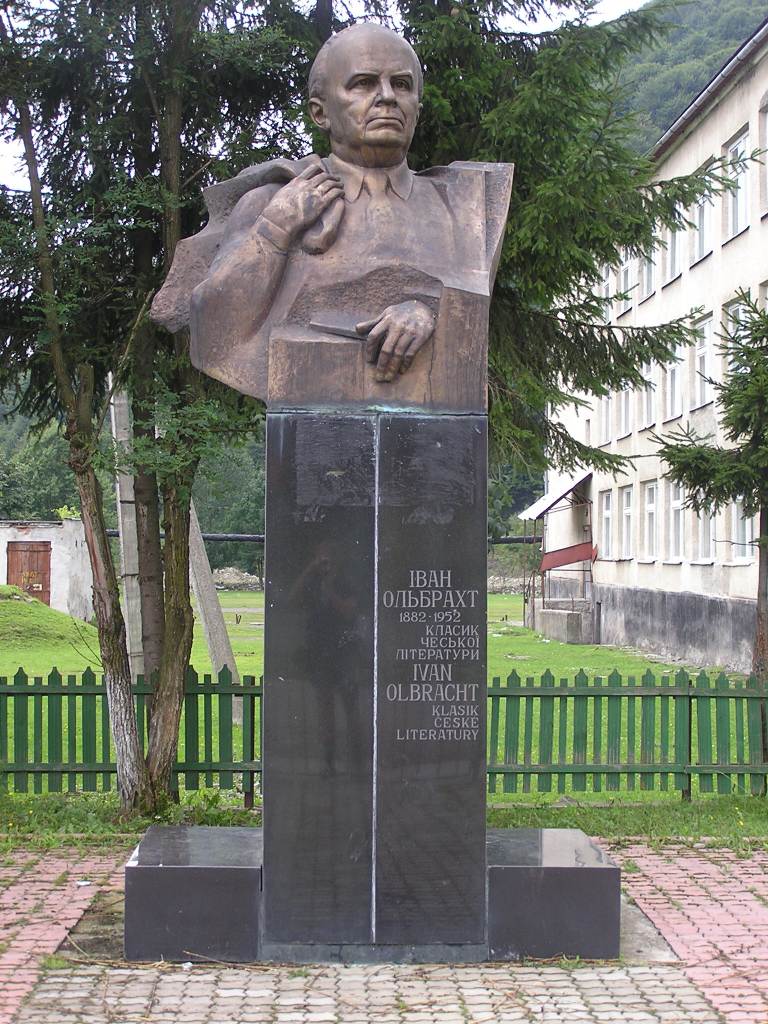|
Karel Destovnik Kajuh
Karel Destovnik, pen name and nom de guerre Kajuh (Slovene convention: ''Karel Destovnik – Kajuh'', 13 December 1922 – 22 February 1944) was a Slovenian poet, translator, resistance fighter, and Yugoslav people's hero. Life and work Kajuh was born in the town of Šoštanj in Slovenian Styria as the illegitimate child of Jože Destovnik and Marija Vasle. His parents later married on August 14, 1923. The sobriquet Kajuh comes from the oeconym of his grandfather's birthplace in Skorno near Šmartno ob Paki. After finishing primary school in 1933, he enrolled in the Celje First Grammar School. In 1934 he became a member of the Young Communist League of Yugoslavia (SKOJ). He was expelled from school due to his communist ideas. He then continued his schooling in Maribor but did not finish it due to World War II. Kajuh started writing poems before World War II. He began publishing his poems in the literary magazine for youth ''Slovenska mladina'' (Slovene Youth), edited by his ... [...More Info...] [...Related Items...] OR: [Wikipedia] [Google] [Baidu] |
Karel Destovnik
Karel Destovnik, pen name and nom de guerre Kajuh (Slovene convention: ''Karel Destovnik – Kajuh'', 13 December 1922 – 22 February 1944) was a Slovenian poet, translator, resistance fighter, and Yugoslav people's hero. Life and work Kajuh was born in the town of Šoštanj in Slovenian Styria as the illegitimate child of Jože Destovnik and Marija Vasle. His parents later married on August 14, 1923. The sobriquet Kajuh comes from the oeconym of his grandfather's birthplace in Skorno near Šmartno ob Paki. After finishing primary school in 1933, he enrolled in the Celje First Grammar School. In 1934 he became a member of the Young Communist League of Yugoslavia (SKOJ). He was expelled from school due to his communist ideas. He then continued his schooling in Maribor but did not finish it due to World War II. Kajuh started writing poems before World War II. He began publishing his poems in the literary magazine for youth ''Slovenska mladina'' (Slovene Youth), edited by his ... [...More Info...] [...Related Items...] OR: [Wikipedia] [Google] [Baidu] |
Šmartno Ob Paki
Šmartno ob Paki () is a settlement in the lower Paka (river), Paka Valley in northern Slovenia. It is the seat of the Municipality of Šmartno ob Paki. The area is part of the traditional region of Lower Styria, Styria. It is now included in the Savinja Statistical Region. The parish church from which the settlement gets its name (''Šmartno'' < *''Šmartən'' < *''šent Martin'' 'Saint Martin') is dedicated to Martin of Tours, Saint Martin and belongs to the Roman Catholic Diocese of Celje. It was first mentioned in written documents dated to 1256. The current building dates to the 18th century but some 15th-century frescos are preserved in the bell tower, belfry. reference number ešd 3415 References External links [...More Info...] [...Related Items...] OR: [Wikipedia] [Google] [Baidu] |
Serbia
Serbia (, ; Serbian language, Serbian: , , ), officially the Republic of Serbia (Serbian language, Serbian: , , ), is a landlocked country in Southeast Europe, Southeastern and Central Europe, situated at the crossroads of the Pannonian Basin and the Balkans. It shares land borders with Hungary to the north, Romania to the northeast, Bulgaria to the southeast, North Macedonia to the south, Croatia and Bosnia and Herzegovina to the west, and Montenegro to the southwest, and claims a border with Albania through the Political status of Kosovo, disputed territory of Kosovo. Serbia without Kosovo has about 6.7 million inhabitants, about 8.4 million if Kosvo is included. Its capital Belgrade is also the List of cities in Serbia, largest city. Continuously inhabited since the Paleolithic Age, the territory of modern-day Serbia faced Slavs#Migrations, Slavic migrations in the 6th century, establishing several regional Principality of Serbia (early medieval), states in the early Mid ... [...More Info...] [...Related Items...] OR: [Wikipedia] [Google] [Baidu] |
Ivanjica
) , motto = , image_map = , map_caption = , pushpin_map_caption = Location within Serbia##Location within Europe , pushpin_relief = 1 , pushpin_map = Serbia#Europe , coordinates = , coor_pinpoint = , coordinates_footnotes = , subdivision_type = Country , subdivision_name = , subdivision_type1 = Region , subdivision_name1 = Šumadija and Western Serbia , subdivision_type2 = District , subdivision_name2 = Moravica , subdivision_type3 = Settlements , subdivision_name3 = 49 , established_title = Village status , established_date = 1833 , established_title1 = Town status , established_date1 = , founder = , seat_type = , seat = , government_footnotes = , leader_party = SNS , leader_title = Mayor , leader_name ... [...More Info...] [...Related Items...] OR: [Wikipedia] [Google] [Baidu] |
Kingdom Of Yugoslavia
The Kingdom of Yugoslavia ( sh-Latn-Cyrl, separator=" / ", Kraljevina Jugoslavija, Краљевина Југославија; sl, Kraljevina Jugoslavija) was a state in Southeast Europe, Southeast and Central Europe that existed from 1918 until 1941. From 1918 to 1929, it was officially called the Kingdom of Serbs, Croats and Slovenes ( sh-Latn-Cyrl, separator=" / ", Kraljevina Srba, Hrvata i Slovenaca, Краљевина Срба, Хрвата и Словенаца; sl, Kraljevina Srbov, Hrvatov in Slovencev), but the term "Yugoslavia" (literally "Land of South Slavs") was its colloquial name due to its origins."Kraljevina Jugoslavija! Novi naziv naše države. No, mi smo itak med seboj vedno dejali Jugoslavija, četudi je bilo na vseh uradnih listih Kraljevina Srbov, Hrvatov in Slovencev. In tudi drugi narodi, kakor Nemci in Francozi, so pisali že prej v svojih listih mnogo o Jugoslaviji. 3. oktobra, ko je kralj Aleksander podpisal "Zakon o nazivu in razdelitvi kraljevine n ... [...More Info...] [...Related Items...] OR: [Wikipedia] [Google] [Baidu] |
Jaroslav Seifert
Jaroslav Seifert (; 23 September 1901 – 10 January 1986) was a Czech writer, poet and journalist. Seifert was awarded the 1984 Nobel Prize in Literature "for his poetry which endowed with freshness, sensuality and rich inventiveness provides a liberating image of the indomitable spirit and versatility of man". Biography Born in Žižkov, a suburb of Prague in what was then part of Austria-Hungary, Seifert's first collection of poems was published in 1921. He was a member of the Communist Party of Czechoslovakia (KSČ), the editor of a number of communist newspapers and magazines – ''Rovnost'', ''Sršatec'', and ''Reflektor'' – and the employee of a communist publishing house. During the 1920s he was considered a leading representative of the Czechoslovak artistic avant-garde. He was one of the founders of the journal Devětsil. In March 1929, he and six other writers left the KSČ after signing a manifesto protesting against Bolshevized Stalinist-influenced tendencies in ... [...More Info...] [...Related Items...] OR: [Wikipedia] [Google] [Baidu] |
Ivan Olbracht
Ivan Olbracht, born Kamil Zeman (6 January 1882, Semily, Kingdom of Bohemia, Bohemia – 20 December 1952, Prague) was a Czech people, Czech writer, journalist and translator of German language, German prose. Biography The son of writer Antal Stašek and his Jewish-born Catholic convert wife Kamila Schönfeldová. Olbracht studied law and philosophy in Prague and Berlin, he left before graduation, however, choosing the career of a journalist. In 1905, he first began editing a Social democracy, social-democratic workers' newspaper in Vienna (', Historical Papers), where he worked until 1916. When he first began publishing fiction, he primarily focused on stories and novels with a psychological theme. This phase of his writing life coincided with the First World War. His works after the War are an experimentation in blending fiction with real events. Later, he became an editor in Prague (', The People's Right). In 1920, he spent six months living in the Soviet Union. The following ... [...More Info...] [...Related Items...] OR: [Wikipedia] [Google] [Baidu] |
František Halas
František Halas (3 October 1901 in Brno – 27 October 1949 in Prague) was one of the most significant Czech lyric poets of the 20th century, an essayist, and a translator. Life Born as the son of textile worker, Halas worked as bookseller. He was self-taught, without higher education. After 1921 he started publishing in the communist newspapers ''Rovnost'' and ''Sršatec'', and in 1926 he became an editor at the Prague publishing house Orbis. During World War II he was active in the resistance movement A resistance movement is an organized effort by some portion of the civil population of a country to withstand the legally established government or an occupying power and to disrupt civil order and stability. It may seek to achieve its objective ..., and after 1945 he was engaged at the Ministry of Information. Work poetry: *''Sepie'' (1927) *''Kohout plaší smrt'' (1930) *''Tvář'' (1931) *''Hořec'' (1933) *''Dělnice'' (1934) *''Staré ženy'' (1935) *''Dokořán' ... [...More Info...] [...Related Items...] OR: [Wikipedia] [Google] [Baidu] |
Jiří Wolker
Jiří Wolker () (29 March 1900 – 3 January 1924) was a Czech Republic, Czech poet, journalist and playwright. He was one of the founding members of KSČ - Communist Party of Czechoslovakia - in 1921. Life He was born in Prostějov, into a cultural family. He studied at the Prostějov Gymnasium (school), gymnasium, and after he graduated, he moved to Prague. He studied law there, but simultaneously attended lectures of Zdeněk Nejedlý and F. X. Šalda at the Faculty of Arts. He was in close connection with the association of Czech avant-garde artists Devětsil. Wolker suffered of lung disease and died of tuberculosis at age 23. Work * ''Host do domu'' (1921) - poetry * ''Proletářské umění'' (1922) * ''Těžká hodina'' (1922) - poetry, the book jacket of the first edition was created by the Czech painter Josef Čapek. * ''Tři hry'' (1923) - plays, rather marginal meaning * ''Do boje, lásko, leť'' References * Bohuš Balajka: ''Přehledné dějiny literatu ... [...More Info...] [...Related Items...] OR: [Wikipedia] [Google] [Baidu] |
Czech Language
Czech (; Czech ), historically also Bohemian (; ''lingua Bohemica'' in Latin), is a West Slavic language of the Czech–Slovak group, written in Latin script. Spoken by over 10 million people, it serves as the official language of the Czech Republic. Czech is closely related to Slovak, to the point of high mutual intelligibility, as well as to Polish to a lesser degree. Czech is a fusional language with a rich system of morphology and relatively flexible word order. Its vocabulary has been extensively influenced by Latin and German. The Czech–Slovak group developed within West Slavic in the high medieval period, and the standardization of Czech and Slovak within the Czech–Slovak dialect continuum emerged in the early modern period. In the later 18th to mid-19th century, the modern written standard became codified in the context of the Czech National Revival. The main non-standard variety, known as Common Czech, is based on the vernacular of Prague, but is now spoken as an ... [...More Info...] [...Related Items...] OR: [Wikipedia] [Google] [Baidu] |
Dušan Pirjevec
Dušan Pirjevec, known by his nom de guerre Ahac (20 March 1921 – 4 August 1977), was a Slovenian Partisan, literary historian and philosopher. He was one of the most influential public intellectuals in post–World War II Slovenia. Early years and revolutionary activity Dušan Pirjevec was born in Solkan, which was then a suburb of the Italian town of Gorizia. His birthplace is now located in the Slovenian town of Nova Gorica. His father was the literary historian Avgust Pirjevec from Gorizia; his mother, Iva née Mozetič, came from a wealthy merchant family from Solkan. His sister, Ivica Pirjevec, later became an anti-Nazi agitator and was captured and killed by the Nazis in 1944 (a street in the Ljubljana neighbourhood of Tacen in the Šmarna Gora District bears her name). Soon after Dušan's birth, the family moved to Ljubljana, in what was then the Kingdom of Serbs, Croats and Slovenes, where his father worked as the chief librarian of the National Research Library. Du ... [...More Info...] [...Related Items...] OR: [Wikipedia] [Google] [Baidu] |
World War II
World War II or the Second World War, often abbreviated as WWII or WW2, was a world war that lasted from 1939 to 1945. It involved the vast majority of the world's countries—including all of the great powers—forming two opposing military alliances: the Allies and the Axis powers. World War II was a total war that directly involved more than 100 million personnel from more than 30 countries. The major participants in the war threw their entire economic, industrial, and scientific capabilities behind the war effort, blurring the distinction between civilian and military resources. Aircraft played a major role in the conflict, enabling the strategic bombing of population centres and deploying the only two nuclear weapons ever used in war. World War II was by far the deadliest conflict in human history; it resulted in 70 to 85 million fatalities, mostly among civilians. Tens of millions died due to genocides (including the Holocaust), starvation, ma ... [...More Info...] [...Related Items...] OR: [Wikipedia] [Google] [Baidu] |






